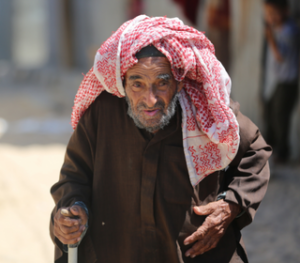Shawwal: Month of Reward
What is Shawwal?
Table of Contents
Why is Shawwal significant?
Shawwal is a significant month for Muslims, following the conclusion of the holy month of Ramadan and the joyous occasion of Eid ul Fitr. During this time, we celebrate the end of our month-long fast and offer gratitude to Allah ﷻ for allowing us to observe this holy month.
Additionally, Shawwal allows us to continue our spiritual journey and further strengthen our bond with Allah ﷻ by observing the six fasts of Shawwal.
What are the six fasts of Shawwal, I hear you ask?
Continue reading as we provide a more detailed explanation further down.
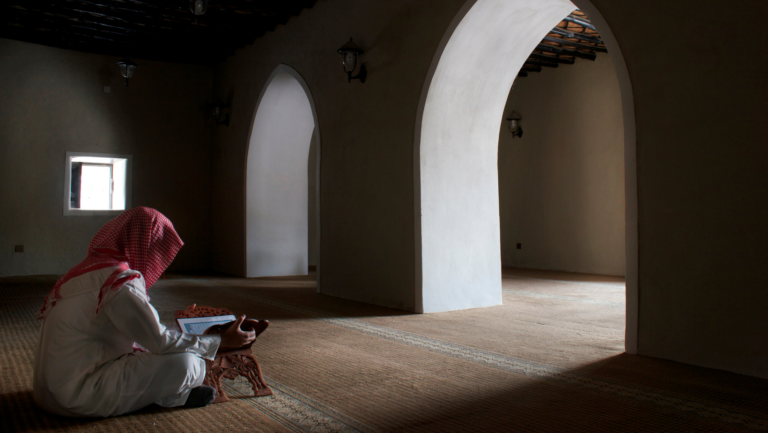
Events that Occurred in Shawwal
Throughout Islamic History, a number of important events took place, both during the life of the Prophet Muhammad ﷺ and beyond.
We mention some below:
Battle of Uhud
During the third year after Hijrah, the Prophet ﷺ and his companions faced the Quraysh in the famous battle of Uhud.
This was the seventh battle in Islam and took place in Shawwal. The exact date is unknown, although some scholars said the seventh, some the fifteenth, and others the eighteenth.
The Muslims were seven hundred in number, and with them, not a single horse.
The Quraysh stood as a force of three thousand men, amongst them one hundred horsemen.
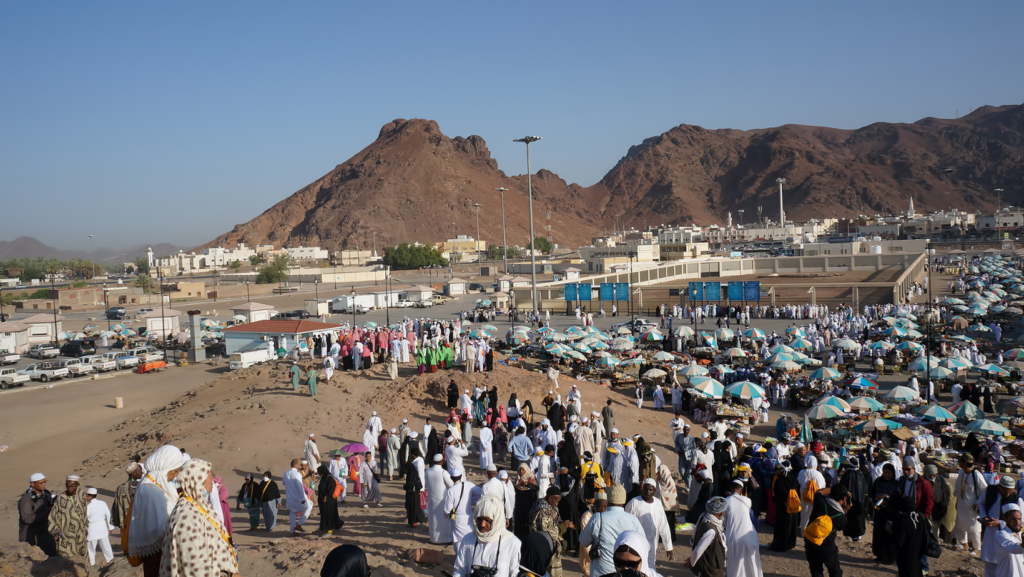
Martyrdom of Hamza ibn 'Abd-al Muttalib
During the Battle of Uhud, the uncle of the Prophet ﷺ, Hamza ibn ‘Abd al-Muttalib, met his martyrdom.
He valiantly stood at the forefront of the battle, wielding two swords.
Unfortunately, he fell victim to the Abyssinian slave Wahshi ibn Harb, who had been promised freedom by Hind bint Utba in exchange for Hamza’s death.
The Prophet ﷺ was deeply saddened by the death of his uncle, who stood by him and defended him against those who opposed him.
The Prophet ﷺ nicknamed him “The Lion of God,” and, upon his martyrdom, referred to him as the “Master of all martyrs.”
Birth of Imam Al-Bukhari
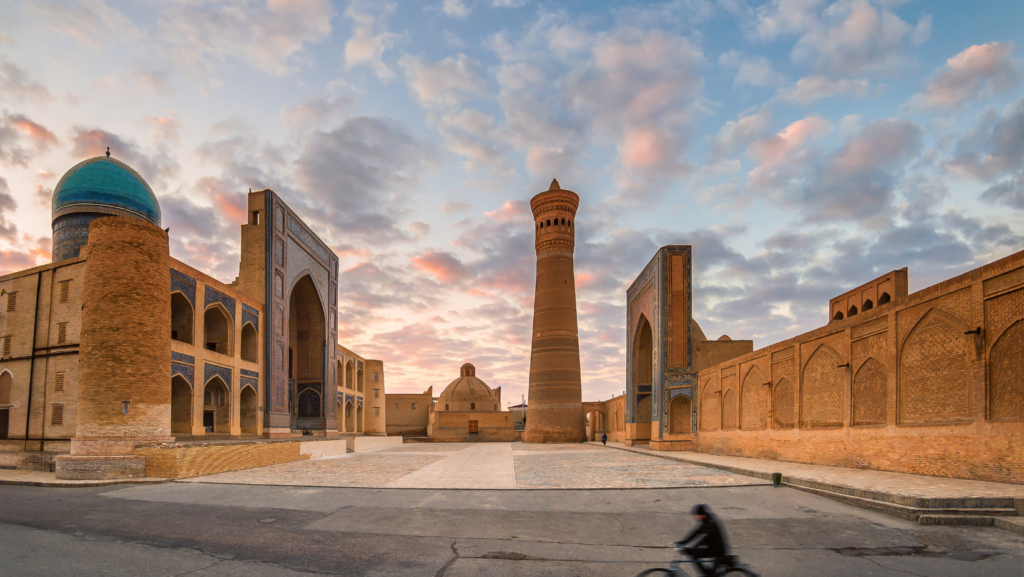
The illustrious Imam al-Bukhari, also known as Muhammad ibn Ismail al-Bukhari, was a renowned Islamic scholar and compiler of Hadith, the sayings and actions of the Prophet Muhammad ﷺ.
Born in Bukhara, Uzbekistan, on the 13th of Shawwal 810 CE, Imam al-Bukhari spent his life travelling and studying Hadith from scholars across the Islamic world.
He compiled the most authentic collection of Hadith, Sahih al-Bukhari, which is considered second only to the Qur’an in terms of its importance in Islamic scholarship.
Imam al-Bukhari’s contributions to preserving and compiling Hadith have profoundly impacted Islamic scholarship, and his works continue to be studied and revered by Muslims worldwide.
Death of Imam Ja'far Al-Sadiq
Imam Ja’far al-Sadiq, a pious scholar and great-great-grandson of the Prophet Muhammad ﷺ, was a prominent narrator of hadith from his father to leading scholars such as Imam Malik, Abu Hanifa, and Sufyan al-Thawri.
Despite being contemporaries, Imam Abu Hanifa consulted with him on questions of sacred law as Imam Ja’far had his own legal school and was considered a mujtahid.
It is believed that the Imam returned to his Lord on the fifteenth of Shawwal, in the year 148 AH in the city of Madinah.
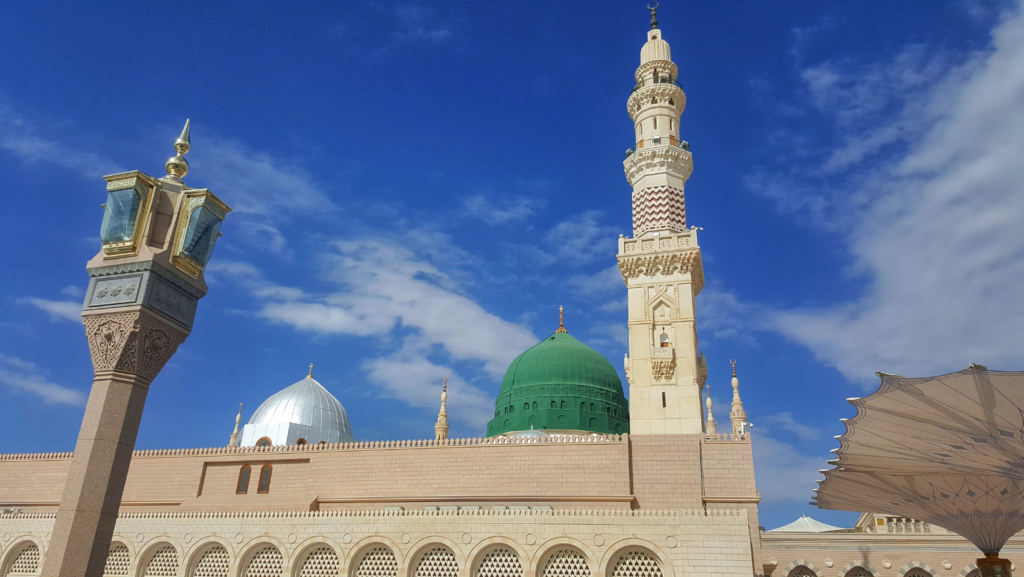
Six Fasts of Shawwal
The Prophet ﷺ would fast for six days in Shawwal and encouraged his Ummah to do the same.
“Whoever fasts Ramadan and then follows it with six [days] from Shawwal, it’s as if they have fasted a year.” [Sahih Muslim]
As well as holding the reward of fasting for an entire year, these additional fasts also demonstrate devotion and gratitude to Allah ﷻ for the blessings received during Ramadan, as emphasized by Imam Ibn Rajab (RA).
Start the six of Shawwal now, whilst your body is still accustomed to fasting!
They don’t have to be kept consecutively, but just make sure to keep all six before the end of Shawwal.
Post Ramadan
Ramadan is a month of spiritual rejuvenation and a time for Muslims to cultivate good habits such as fasting, prayer, and charitable deeds. As we enter the month of Shawwal, it is important to continue with the positive habits that we developed during Ramadan.
It’s impossible to keep up with all the good things we did during Ramadan, but we can choose and continue a few small habits.
Here is our guide on how maintain your good habits after Ramadan:



Conclusion
We hope you found this short blog beneficial, and we wish you all the best as you continue your spiritual journey to God throughout the rest of the year.
After Ramadan, the Sahabah (radi-Allahu ‘anhum) would spend the next six months asking Allah ﷻ to accept it from them.
They would then spend the remaining six months asking Allah ﷻ to allow them to reach the next Ramadan.
It was as if their entire lives revolved around Ramadan. So although we are sad to see Ramadan go, we now get the chance to maintain our good habits and cultivate new ones.
May Allah ﷻ take you by your hand and guide you to that which pleases Him.






